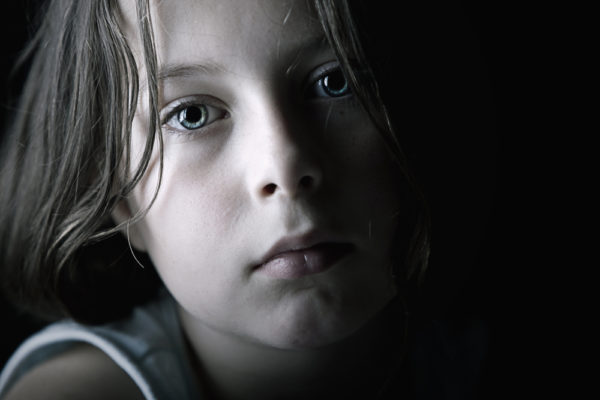Child abuse and neglect hotlines around the country are reporting declines in calls over the past few weeks. While normally this would be welcome news, it does not bode well during COVID-19 stay-at-home orders, says an expert on child abuse and neglect at Washington University in St. Louis.
“Normally, a decrease in calls about alleged child abuse and neglect or maltreatment would be a welcome start to child abuse prevention month, but the context of current declines is worrisome,” said Melissa Jonson-Reid, the Ralph and Muriel Pumphrey Professor of Social Work Research at the Brown School.

“Both theory and data suggest that stress and poverty are powerful contributors to child abuse and neglect,” she said. “Unfortunately, the COVID-19 crisis is increasing both psychological stress and economic strain. The very few studies we have on the impact of disasters on rates of child maltreatment suggest that there may be a link.”
While recent reports raise the possibility that the declines might be due to school closures, Jonson-Reid thinks more is going on.
“The typical drop we see due to schools closing in summer is too small to explain the reported drops of 30% to 70% across various states,” she said. “During stay-at-home orders, children go unseen by a host of possible reporters.
“It is imperative that we do everything we can to be aware of the well-being of children in our communities. Social distancing need not prevent phone calls or emails to neighbors and family, help with groceries for those who cannot get out, and providing clear messages to families about where to get resources for parenting and meeting basic needs.”
“Stress and poverty are powerful contributors to child abuse and neglect. Unfortunately, the COVID-19 crisis is increasing both psychological stress and economic strain.”
Melissa Jonson-Reid
In addition to the many regional efforts, she said, Prevent Child Abuse America has a number of tips and resources related to COVID-19 for parents, children, service providers and the community on their website.
After social distancing ends, it is likely we will experience a large surge in reports across the country as children return to day cares, visit relatives, see their doctors, attend schools and so on.
“It is critically important that sufficient funding be provided to states to assure we have preventative services in child welfare and other family support agencies that will be needed to support the preservation of families and address child safety,” Jonson-Reid said.
“Even before this crisis, the economic case for preventing child maltreatment was made clear,” she said. “After we have addressed the immediate needs of our families, we should use this as a catalyst to bring together science and practice to build an effective system designed to alleviate both the material and psychosocial needs that get in the way of positive parenting and child well-being.”
For more, visit the university’s Center for Innovation in Child Maltreatment Policy, Research and Training.
WashU Response to COVID-19
Visit coronavirus.wustl.edu for the latest information about WashU updates and policies. See all stories related to COVID-19.


